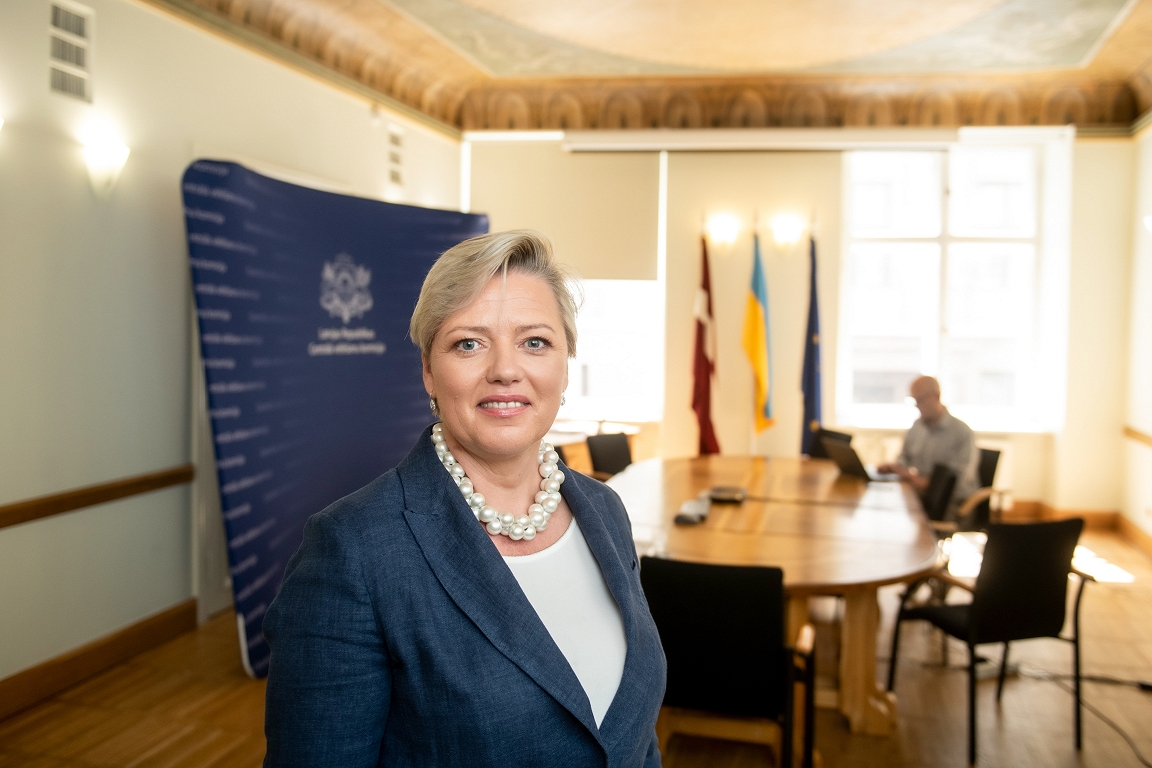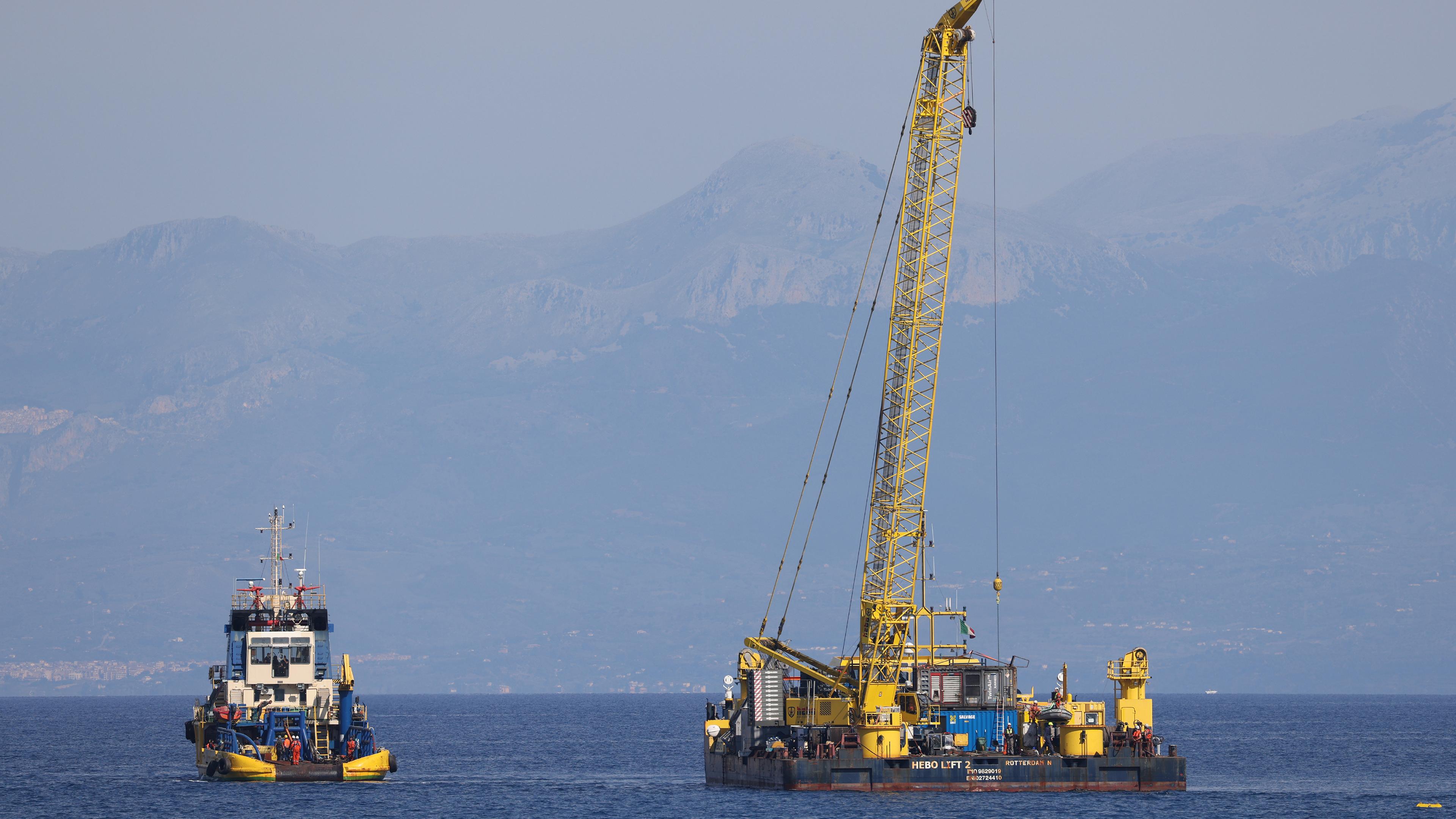– Isn’t the Sami Parliament representative of Sami interests?
It is nice to finally be recognized that indigenous peoples are entitled to a remuneration for the values taken out of our traditional areas. But when the state requires the mineral industry for remuneration in the Sami name, but does not allow the Sami Parliament to determine the distribution, it is not unbelievable.
The Ministry of Trade and Fisheries and the Sami Parliament have for one year consulted to agree on a new mineral law, without success. This creates extra uncertainty for mineral nutrition in the north. The paradox is that the legislative work was initiated precisely because the Norwegian Mineral Act of 2009 contradicts indigenous law.
ILO, UN and others have criticized this. In 2018, the Ministry’s evaluation committee concluded that the law does not fulfill Norway’s obligations to the Sami. A new selection in 2022 NOU 2022: 8 New Mineral Act, which is now being followed up with a bill to the Storting.
What cannot adapt to the Sami Parliament is legal rules that contravene indigenous law. ILO Convention No. 169 requires that affected indigenous peoples receive a share of the value from mining on the state’s minerals, which in practice will be financial remuneration. The usual understanding of affected indigenous peoples in this context is Sami rights holders, whether related to reindeer husbandry, fishing, agriculture or land use. It is therefore a distribution of an economic remuneration between Sami rights holders. This is what the government and the Sami Parliament agree.
The government, on the other hand, believes that they know best what is good for the Sami community and has decided that 75 per cent of the remuneration should always go directly to reindeer husbandry. This is a form of state custody I had hoped that was now abandoned.
The government’s proposal also means that it is schematically an advantage to reindeer husbandry over other Sami licensees. The Sami society is composed and more than reindeer husbandry, although reindeer husbandry is of course important. Different users and licensees must be seen and treated equally if we are to be able to build and keep up a Sami community. Distribution issues internally in the Sami society are of course not easy, but if the Sami Parliament is not able to take these tasks it will undermine Sami democracy.
The Storting Committee has asked the government to return to the Storting with a proposal for a model for the distribution of indigenous people. The Right, the Center Party and the Progress Party ask the government to investigate a model in which the indigenous people are managed in favor of Sami culture and business through an organization where « representatives of various Sami interests in the area are represented ». There is already a body where various Sami interests are represented, and that negotiate agreement and disagreement – that body is called the Sami Parliament.
Silje Karine Muotka (NSR)
Sami President
Submit your debate post to [email protected] and mark the post with debate




:format(webp)/s3/static.nrc.nl/wp-content/uploads/2025/06/10210845/web-1006BIN_vanWeel.jpg)